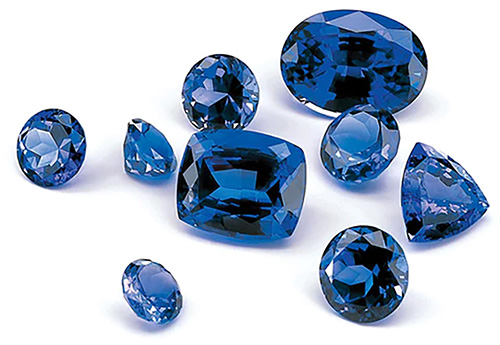Wedding rings at Lloyds – The Quality Difference

Surely a wedding ring is just that; a precious metal ring… so they should all be the same price unless one made of something different or bigger than the other, right? Well the truth is there can be a huge difference between seemingly identical rings, which makes a big difference to both quality and value. We want to get across here that not all wedding rings are created equal, and that we only choose the very best while still maintaining incredible value.

Metal weight: There are a range of precious metals used in wedding rings today, we specialise in the most precious; Gold and Platinum. It goes without saying that the heavier the material, the more there is of it and the more you will pay. There are many shapes, widths and sizes of wedding rings, all of which will have a different weight. This is one thing you need to look at when purchasing your wedding ring; company A are selling a 2mm wide D-Shape wedding ring at 2.7 grams for the same price as company B, however they do not specify the weight… you could be getting much less for your money compared to company A. At Lloyds we use Medium weight rings however they are slightly heavier than standard to give a quality weighty feel. We can also make rings heavier or lighter according to your own specification.
Methods of manufacture...
Made by Hand: The longest used method of manufacturer for hundreds of years. The chosen precious metal is smelted into a long strip of the desired length according to ring size. The thin gold strip is passed through a rolling mill to give the required shape, the two ends are then melted together using the correct solder. Filing and polishing then give the ring its final form and shine. This method will appeal to people who prefer the age old method of which a single craftsman has taken time to make by hand. It does however have it drawbacks, they are generally more expensive and you can’t get the precision of some other forms of manufacture, plus there will forever be a join in the ring (unless your ring is crafted from a single block of gold) which may be prone to crack or separate if not done properly where as the methods listed below form a ring as a single piece.
Casting: A wax ring is made by carving out the desired shape from a single block of wax or my having the wax rendered by machine using computer designs, this is then used to create a mould. The metal is poured into the mould which is spun to remove air bubbles. Once the casting has been done, the stem is cut, this is the excess metal from the point in which the metal was poured. The stem and rough edges are filed down before the ring is polished. The benefits are that the ring has been created to the exact size required, there has never been any joining, cutting or resizing. There can be disadvantages however, the process in which the casting is done must be precise, they need to be casted to the correct temperatures in order to prevent pitting (small holes in the metal).
Milled (CNC): This is the newest method for making wedding bands and the most precise, a block of Gold or Platinum is placed in a CNC (computer numerical control) machine which is a large machine consisting or a series of milling tools which create the ring using pre-programed computer controls to carve the ring from a single piece of metal.
Conclusion: We use the CNC method for our wedding rings to give the most precise manufacture available. Most of our engagement and other settings on the other hand are precision cast as CNC machines can’t yet replicated the high level of detail required for such small items such as tiny claw settings.

Precision of settings: We also offer diamonds set into our wedding rings, which is extremely popular today for obvious reasons. It is extremely important that settings are precise as to not come loose and fall out later down the line. Diamond setting is a skilled process and requires years of practice to get right, cheap settings can basically consist of blunt prongs which are bent over a stone. Settings should be prepared for the correct size and shape of diamond, our diamonds are, you guessed it, set with precision under the microscope to ensure each stone is set in the exact place, securely and positioned to maximise brilliance.
Supporting UK business & craftsmanship
Our wedding rings are made in the UK to exacting standards by some of the UK's leading wedding ring manufacturers, enabling quick supply at the highest quality.
We work with some of the finest jewellery craftsmen to ensure your ring is of the highest quality, we feel our Wedding Rings rival any from the best know brands and at a fraction of the cost. Our wedding rings are cafefully cast with precision using the highest grade alloys to exacting standards; they are filed, polished and finished to the highest quality. We use heavier than standard gold content to ensure our rings have a substantial, quality feel. 100% of production is carried out here in the United Kingdom, all our Wedding Rings are stringently tested and stamped by one of the four UK Assay offices to ensure it’s finess. We want you to be assured; when you decide on a Lloyd’s Wedding Ring, you are getting the finest craftsmanship and materials at the best value with expert service and after sales care.
Visit our website for all of our wedding rings styles, we can also source rings of any style so get in touch to find your perfect ring today.





